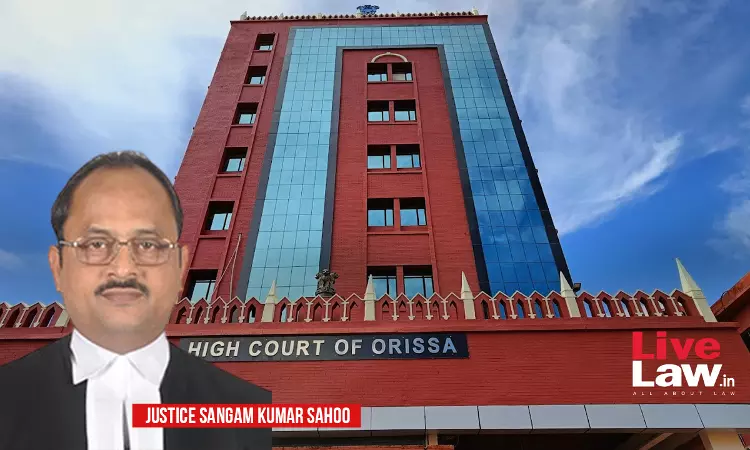The Orissa High Court has recently held that a convict should not be sentenced both under Section 363 (punishment for kidnapping) and Section 366 (kidnapping, abducting or inducing woman to compel her for marriage etc.) of the Indian Penal Code as Section 366 squarely covers the substantive punishment which is prescribed under Section 363.Clarifying the procedure to be adopted by the trial...

